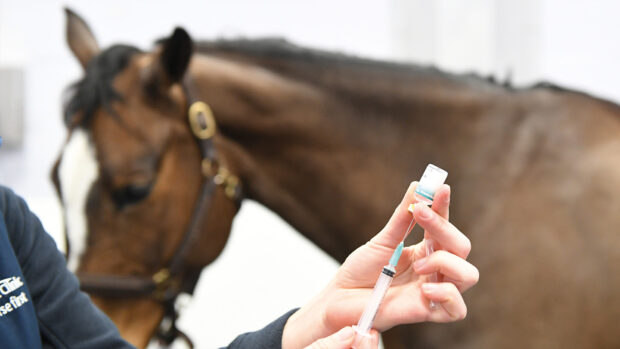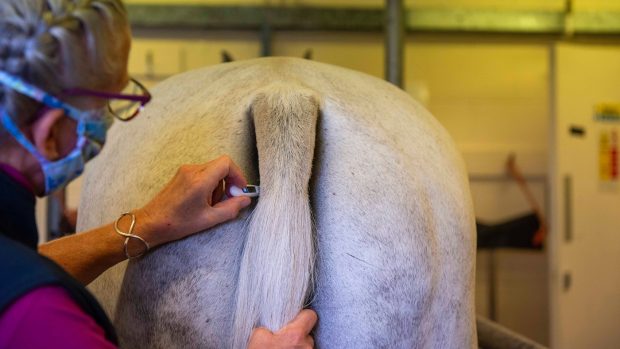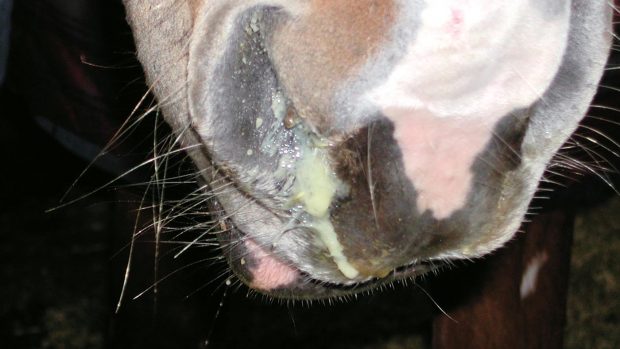A livery yard in Scotland has become the first to become accredited under a new scheme to protect horses from strangles.
Although vets told H&H they welcome the idea, they warn owners must be vigilant.
The Premium Assured Strangles Scheme (PASS) was launched this summer by SAC Consulting Veterinary Services, part of Scotland’s Rural College.
Under the new scheme, Kerry and Andrew Abernethy, the owners of Karecole Livery in West Linton, near Peebles in the Borders, have worked with owners and vets to blood test all 40 horses at the yard.
“The results produced facts which could then be dealt with, if required, with no finger pointing,” said Mrs Abernethy.
“Our clients are happy there is now a policy in place to monitor any new horses coming on to the yard, which helps reduce the risk of infection and builds trust.”
Members of the scheme are required to blood test their horses annually. If no trace of strangles is found, the yard achieves a PASS accreditation. If horses are found to be carrying strangles, the affected horses must be isolated and treated.
The test costs £20, rather than the usual £25, for horses on participating yards. PASS is aiming to sign up 100 yards to the scheme in the first year.
“We have to applaud the yard for introducing strict biosecurity measures,” said Paul Jepson, British Equine Veterinary Association president. “However, with horse movement you can never be 100% certain that a yard is disease-free.”
H&H veterinary adviser Karen Coumbe said it was a “great idea in theory”.
“I’m all for anything that raises people’s awareness and this is a very good start, but it cannot guarantee a horse remains clear of infection.
“There is a risk every time a horse goes off site. One big challenge with strangles is the horses who are silent carriers and show no signs.”
She added that the concept of having an isolation stable is rare, but is a wise precaution.




